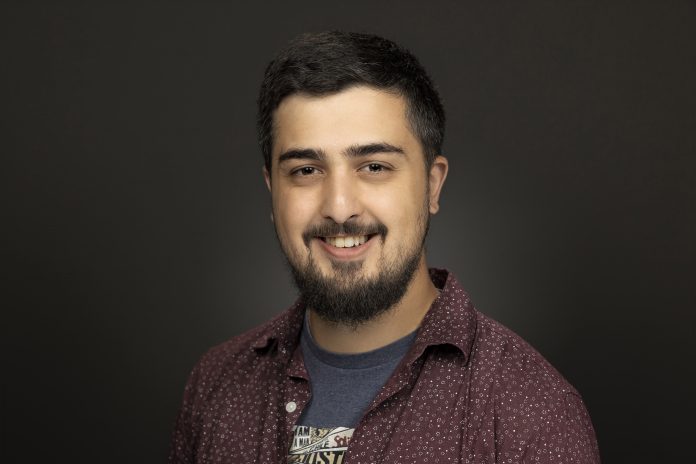The Urbanist’s Senior Advisor Rian Watt discussed primary election results and the latest happenings at Seattle City Hall on a August 9 episode of Crystal Fincher’s Hacks and Wonks podcast. Fincher is a political consultant who also serves on The Urbanist’s board.
Watt and Fincher covered the biggest takeaways and surprises so far, including a crowded statewide contest for commissioner of public lands. They noted this razor-close race illustrated the case for an election reform to allow ranked choice voting to avoid undemocratic outcomes where voters clearly prefer one party but fail to elect an aligned candidate because of a disparity in number of candidates on each side.
“We have one, two, three, four, five Democrats running,” Watt said. “Between them, they have 56% of the vote, and what we are likely to end up with is two Republicans in the general election. I think this is the strongest possible case for ranked choice voting in Washington state that you can imagine.”
“I don’t know if I’m ready to say this race is over yet and the two Republicans are likely to advance,” Fincher said, suggesting that Upthegrove still has a chance to make up the deficit, particularly as later votes are counted in populous counties.
That appears to have been prescient, as Upthegrove jumped into second place in Friday’s drop, with a big bump from King County returns. Having opened up a one-point lead, Upthegrove appears likely to maintain that lead over Republican Sue Kuehl Pederson and face former U.S. Representative Jaime Herrera Beutler in the general election.
A rare even-year election for a Seattle City Council seat, namely the citywide Position 8 seat, could indicate the tide is turning from centrist backlash to progressive resurgence. It also suggests that wave was buoyed by odd year elections that suppress votes, particularly from tenants and voters of color.
“Alexis Rinck, who ran an extraordinarily strong campaign for a first-time candidate, was able to consolidate a huge range of the Seattle left – from the progressive left to elements of the center left in the city,” Watt said.
In 2023, centrists dominated the four open seat races for Seattle City Council. The only progressives to survive were incumbents Tammy Morales and Dan Strauss — though Strauss only survived by moderating his positions. The new centrist majority preceded to appoint Tanya Woo — who ran against Morales but lost — to replace outgoing progressive Teresa Mosqueda (who won a seat on King County Council) cementing their majority.
However, even with a supermajority, the centrists have struggled to advance new policies, with an extended period of getting up to speed on lawmaking and procedures. Proposals like reducing wages for gig workers and for tipped workers have run into resistance and been tabled for now. But even as they get the swing of legislating, these lawmakers may find themselves out of step with voters, Fincher argued.
“These citywide election results seem to be the most conclusive poll we’ve had out of all of them, showing that the public is not aligned with where the majority on this Council is,” Fincher said, noting they were elected on the issues of public safety and reducing homelessness, not to cut wages, oppose taxes on the rich, and slash social services.
Listen to the whole episode for more!
And disclaimer: Watt noted that he was expressing his personal opinion on the show.
The Urbanist staff occasionally teams up to cover breaking news or tackle large projects. See more about our team on the staff page.


